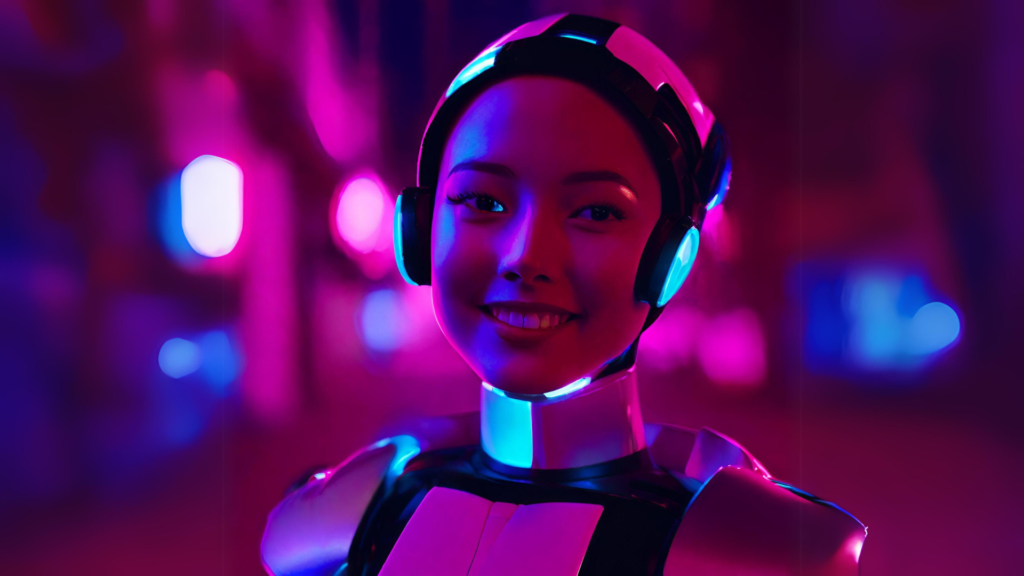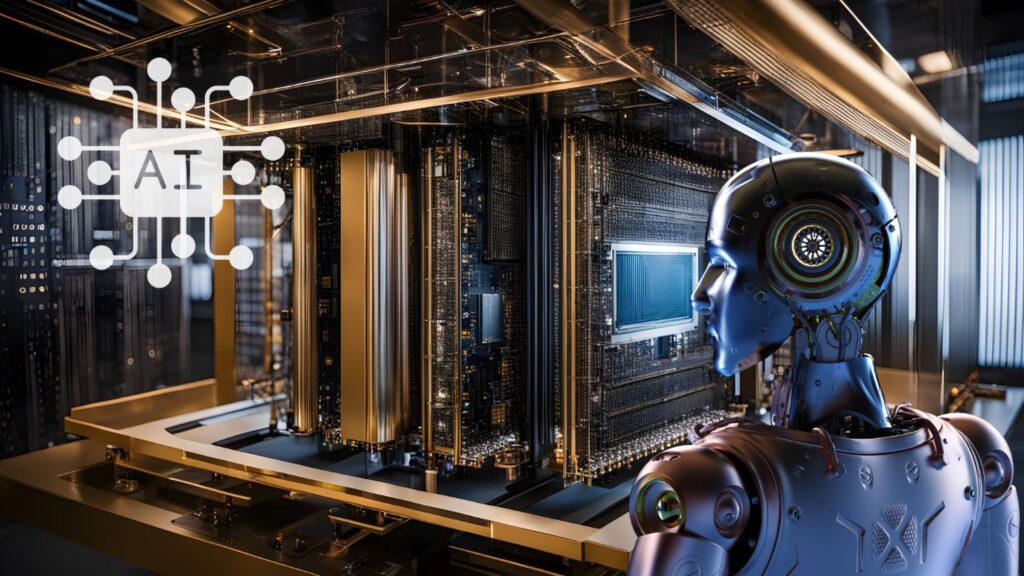Table of Contents
Introduction
Artificial intelligence (AI) is the technology that enables machines to perform tasks that normally require human intelligence, such as understanding language, recognizing images, making decisions, and learning from data. AI has been advancing rapidly in recent years, thanks to the availability of large amounts of data, powerful computing resources, and breakthroughs in algorithms. AI has been applied to various domains, such as health care, education, entertainment, finance, and manufacturing, to improve efficiency, quality, and innovation.
However, AI also poses a serious threat to human workers, especially in Europe, where labor costs are high and social welfare systems are generous. According to a recent report by the European Commission, AI could affect up to 54 million workers in the EU by 2030, with 11.6 million workers facing a high risk of losing their jobs or having their tasks significantly changed. The report also warns that AI could increase inequality and social exclusion, as low-skilled and low-income workers are more likely to be replaced by machines than high-skilled and high-income workers.
The impact of AI on jobs is not only a matter of numbers, but also of quality and dignity. Many workers fear that AI will reduce their autonomy, creativity, and satisfaction at work, as they will have to compete with or adapt to machines that can perform their tasks faster, cheaper, and better. Moreover, some workers may face ethical dilemmas or moral distress when working with or for AI systems that may violate human values or rights.
Why Europe is More Vulnerable to AI Disruption
Europe is facing a double challenge when it comes to AI and jobs. On one hand, Europe is lagging behind other regions, such as the US and China, in terms of AI innovation and adoption. According to a study by McKinsey, Europe accounts for only 10% of the global AI investment, compared to 48% for the US and 38% for China. Europe also has a lower share of AI startups and patents than its competitors. This means that Europe is not fully benefiting from the economic opportunities and competitive advantages that AI can offer.
On the other hand, Europe is more exposed to the negative effects of AI on jobs than other regions. This is because Europe has a higher share of workers in occupations that are susceptible to automation, such as manufacturing, agriculture, retail, and hospitality. According to another study by McKinsey, 51% of work activities in Europe could be automated by 2030, compared to 46% in the US and 41% in China. Europe also has a higher share of workers with low or medium skills levels than other regions. According to the OECD, 44% of workers in Europe have low or medium skills levels, compared to 39% in the US and 29% in China. These workers are more likely to be displaced by AI than those with high skills levels.
Furthermore, Europe has a more rigid labor market and a more complex regulatory environment than other regions. This makes it harder for workers and employers to adjust to the changes brought by AI. For example, Europe has stricter rules on hiring and firing workers, which may discourage employers from creating new jobs or investing in new technologies. Europe also has higher taxes and social security contributions than other regions, which may reduce the incentives for workers to acquire new skills or switch careers.
How Europe is Responding to the AI Challenge
In response to the growing calls for regulations on AI to protect jobs in Europe, the European Union (EU) has taken several initiatives to address the issue. The EU has adopted a human-centric approach to AI development and use, based on the principles of trustworthiness, fairness, transparency, accountability, and respect for human rights. The EU has also proposed a legal framework for AI, which aims to ensure that AI systems are safe, reliable, and compliant with existing laws and values. The framework includes a list of high-risk AI applications that will be subject to stricter rules and oversight, such as biometric identification, health care diagnosis, recruitment decisions, and credit scoring.
Moreover, the EU has launched several programs and projects to support the development and adoption of AI in Europe. For example, the EU has established a network of excellence centers for AI research, which aims to foster collaboration and innovation among researchers across Europe. The EU has also created a network of digital innovation hubs for AI adoption, which aims to provide access to expertise and resources for businesses and public sector organizations that want to use AI solutions. The EU has also invested in various initiatives to boost the skills and education of workers and citizens in relation to AI, such as online courses, training programs, scholarships, and awareness campaigns.
Why No One is Safe from AI
While these efforts are commendable and necessary, they may not be enough to prevent the massive disruption and displacement of jobs by AI in Europe and beyond. AI is not only a European problem, but a global one. AI is not only affecting specific sectors or occupations, but the entire economy and society. AI is not only changing the nature or quantity of work, but the meaning and value of work.
AI is a powerful and pervasive technology that can create new opportunities and challenges for everyone, regardless of their location, sector, occupation, skill level, or income level. AI can augment or automate human tasks, but it can also create or destroy human jobs. AI can enhance or undermine human capabilities, but it can also surpass or threaten human intelligence. AI can improve or harm human well-being, but it can also challenge or change human values.
Therefore, no one and no job is safe from AI in the very near future. Everyone and every job will be affected by AI in some way or another. The question is not whether AI will take over, but how AI will take over. The answer depends on how we design, develop, use, and regulate AI. The answer also depends on how we prepare, adapt, and transform ourselves and our work in the face of AI.



